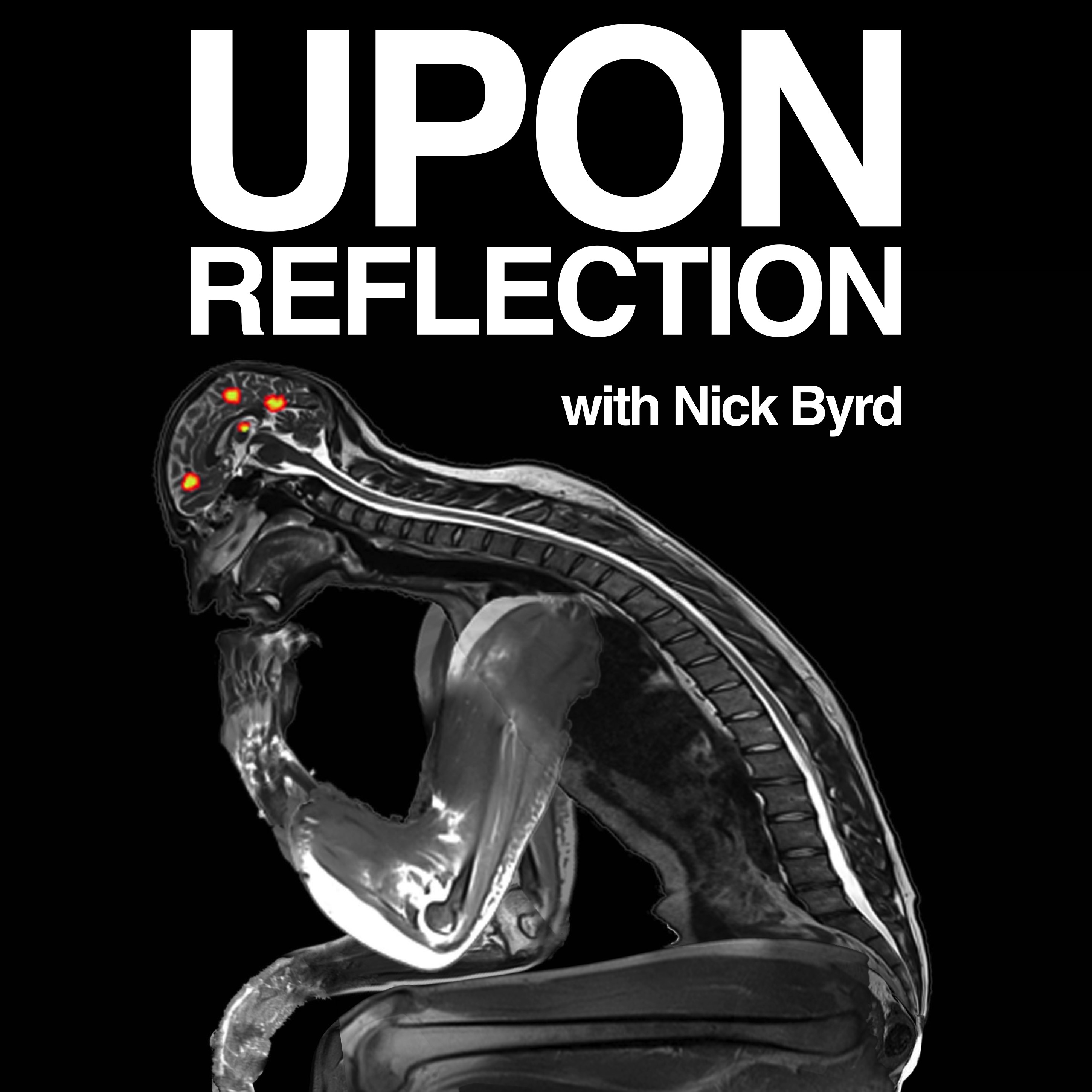Podcast Profile: Upon Reflection
 Site • RSS • Apple Podcasts
Site • RSS • Apple Podcasts17 episodes
2019 to 2025
Median: 34 minutes
Collection: Philosophy

 Site • RSS • Apple Podcasts
Site • RSS • Apple PodcastsDescription (podcaster-provided):
A podcast about what we think as well as how and why we think it.Themes and summary (AI-generated based on podcaster-provided show and episode descriptions):
➤ reflective reasoning, intuition vs deliberation, measuring “reflection” • psychometrics of reflection/implicit bias tests • reflection’s links to philosophy, moral dilemmas, religiosity/apostasy • decision-making in AI systems, pandemic compliance, well-being networksThis podcast explores what reflective thinking is, how it differs from intuitive judgment, and why that distinction matters for reasoning, decision-making, and belief. Across episodes, the host—working at the intersection of philosophy and cognitive science—uses published research (often by reading and explaining academic papers) to examine how reflection is defined, measured, and interpreted in empirical studies.
A recurring focus is the psychometrics of “cognitive reflection” tests: how common items are designed to tempt intuitive but wrong answers, whether those instruments accurately classify people as reflective or unreflective, and how think-aloud methods and data-quality checks can clarify what test scores really indicate. The show also develops conceptual frameworks for reflection itself, including accounts that treat reflection as having multiple components and as something that can be deployed strategically rather than uniformly. This connects to broader dual-process themes—when “fast” versus “slow” reasoning is useful, and how intelligent systems (including AI) might switch between them based on goals and context.
The podcast frequently links reflective reasoning to substantive debates in philosophy and public life. It discusses how individual differences—education, personality, demographics, and measured reflection—relate to variation in philosophers’ answers to classic thought experiments, and it investigates possible causal relationships between philosophical training and reflection measures. Other episodes apply these tools to moral psychology, arguing that different kinds of reflection may predict different responses to moral dilemmas, and to debates about free will that draw on findings about unconscious or unreflective intentions.
Social-scientific applications include careful treatment of implicit bias research: what indirect measures can and cannot show, how values shape disputes about measurement and communication, and what “debiasing” findings support. The show also examines reflection in relation to religiosity across cultures, highlighting distinctions between lifelong nonbelief and changes in belief over time, and it uses pandemic-era data to analyze how philosophical commitments and perceived threat relate to public health compliance. Occasionally, it broadens to academic practice, such as evidence and arguments for online conferences as a more sustainable and inclusive research model.